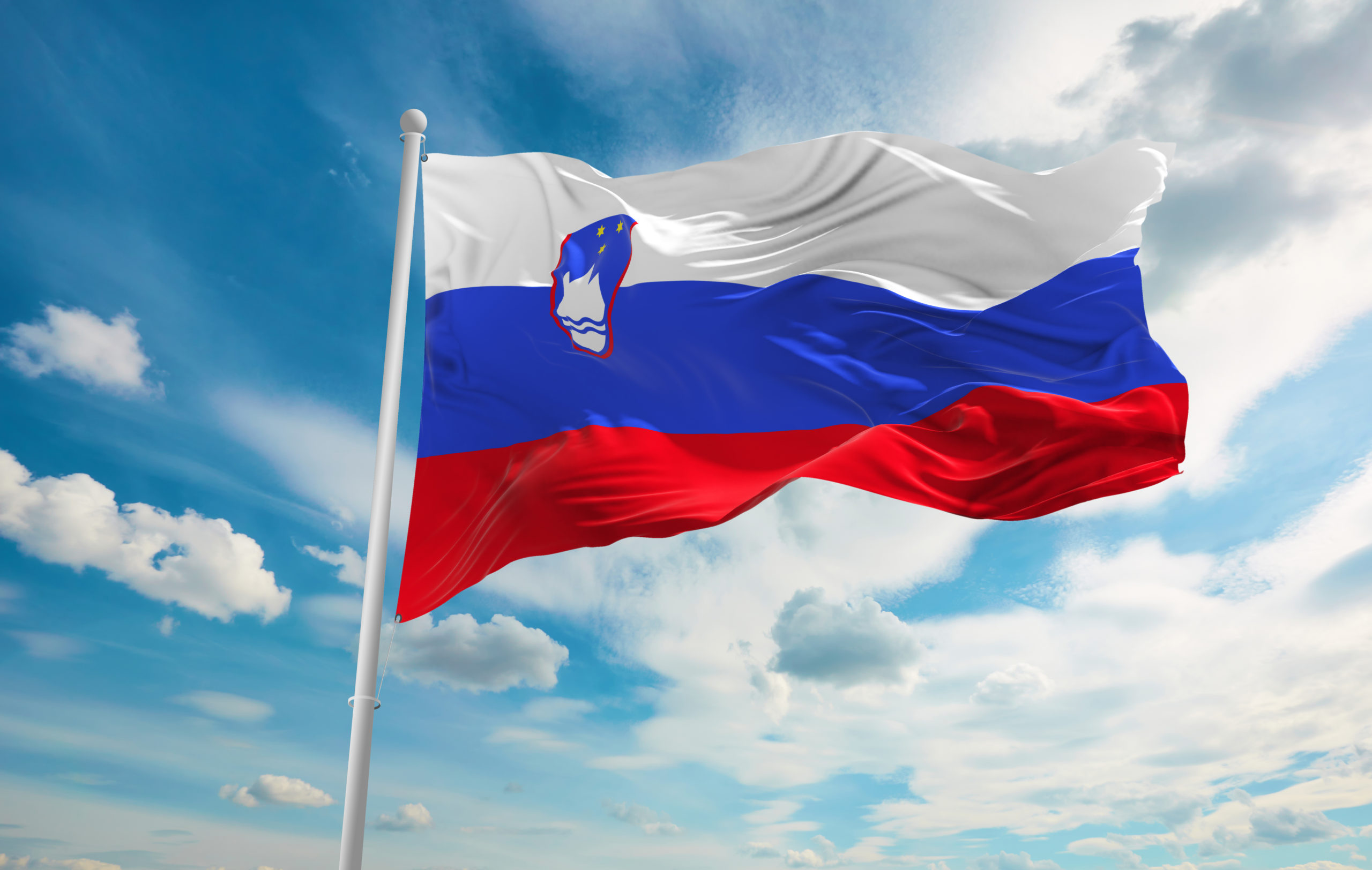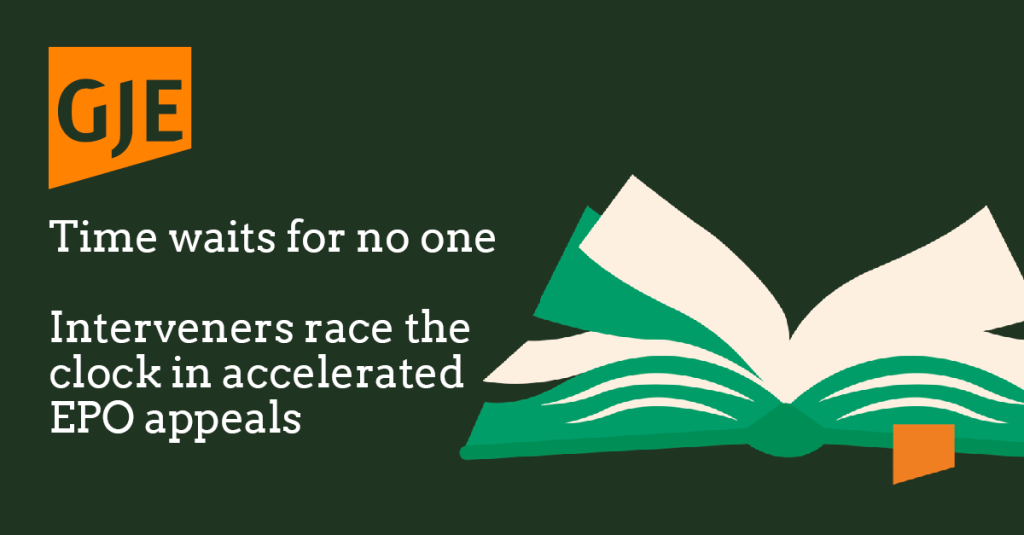
Following Germany bringing legislation into force to ratify the Agreement on the Unified Patent Court (UPCA) in August, as Robert Skone James reported here, Germany took another step bringing the Unified Patent Court (UPC) and Unitary Patent (UP) closer to reality at the end of September, as reported by the UPC preparatory committee here. This time the step was to ratify the Protocol for the Provisional Application (PPA) of the UPCA. The importance of this is that, once in force, the PPA provides resources to the UPC allowing all the necessary preparations to take place for the court to start accepting cases and to function once it is allowed to open. The UPC preparatory committee has now also reported that Slovenia have ratified the PPA.
For the PPA to enter into force, as well as requiring a minimum number of ratifications, the PPA also requires certain countries to ratify even if the minimum number of ratifications is met. Germany’s ratification provides the last required ratifications and leaves just two further countries needing to ratify before meeting the required minimum number of ratifications; and with Germany and Slovenia now having taken the necessary steps to ratify the PPA, Austria, Malta or Portugal could easily provide the last of the required number.
The UPC is clearly high on the agenda for Germany with such rapid movement through the steps needed to complete the suite of actions each ratifying country needs to fulfil to take part in the UPC. Given the timing of this latest step, it looks like Germany’s internal discussions to determine the next Chancellor are not slowing progress. Since there is likely a desire to have a new Chancellor in place before Germany take up the rotating presidency of the G7 in 2022, even this seemingly small hurdle will likely be removed, especially as it is now rumoured the contest for who will be the next Chancellor has been decided.
What this means for the UPC and UP is that the Court could start operating in 2022, with some predictions considering June 2022 as a possible timing, and the three-month sunrise period starting even earlier. For a legal system with the size and reach of the UPC to possibly be introduced within such a short timeframe was expected a few years ago. However, given that previous predictions did not come to pass, this sudden shortening of the timeframe may catch a few by surprise. The latest predictions could of course suffer the same fate as earlier predictions since all the wrinkles are not necessarily ironed out (as we mention here). It does look like the UPC is finally gathering some momentum again though.
For more information on the topic covered in the article or any of your other intellectual property needs, please find my contact details on my website profile here or contact us at gje@gje.com.

